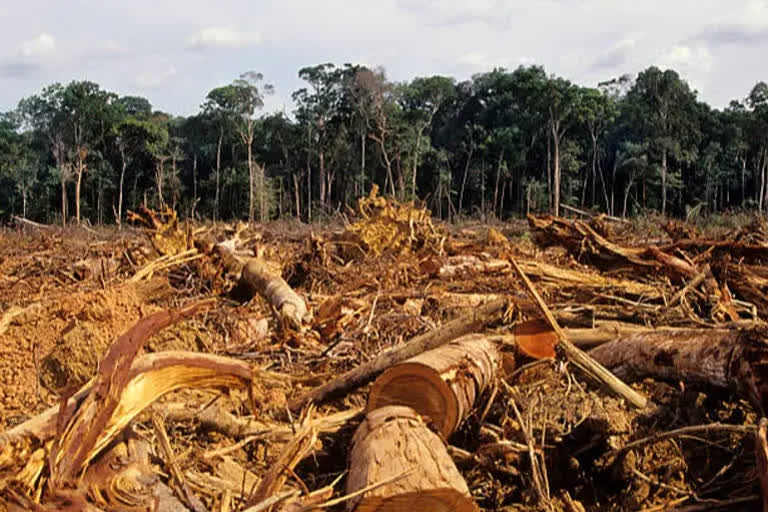Rome [Italy]: According to a new analysis by researchers at the Alliance of Bioversity International and CIAT, deforestation worldwide proceeded more or less as anticipated from the trends established over the last 15 years, despite the significant upheavals in the first year of the COVID-19 pandemic. Researchers analysed historical deforestation data (2004-2019) from the Terra-i pantropical land cover change monitoring system to forecast expected deforestation trends for 2020 in the publication "Has global deforestation accelerated due to the COVID-19 pandemic?" released in mid-November 2022.
Determining whether deforestation observed in 2020 deviated from expected trajectories after the first COVID-19 cases were reported required analysis of tree cover loss over time, both at the regional and national levels for the Americas, Africa, and Asia, as well as for Brazil, Colombia, Peru, the Democratic Republic of the Congo, and Indonesia.
"It was not particularly surprising to see little change," said Janelle Sylvester, who is the corresponding author of the study and a Research Fellow at the Alliance. She said that deforestation rates likely did not drastically change for many reasons. For one, it is probable that the complex dynamics driving deforestation before the pandemic persisted unimpacted by the lockdowns.
"For example, illegal deforestation in areas where there was minimal state (governmental) presence before the pandemic would likely continue during lockdowns," she said. Furthermore, she added that "national economic stimulus packages combined with global macroeconomic dynamics connected to changes in demand and supply could have balanced out economic pressures that were being placed on forests."
Louis Reymondin, who co-leads the Alliance of Bioversity International and CIAT's research theme on the digital transformation of agri-food systems, added that the results weren't unexpected given that livestock grazing is a major driver of deforestation and that demand for those products persisted throughout the 2020 lockdowns.
